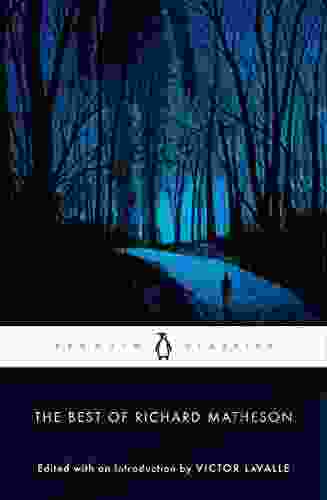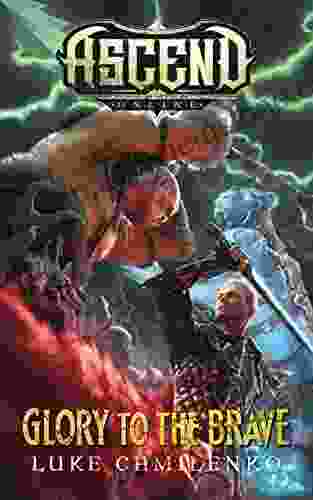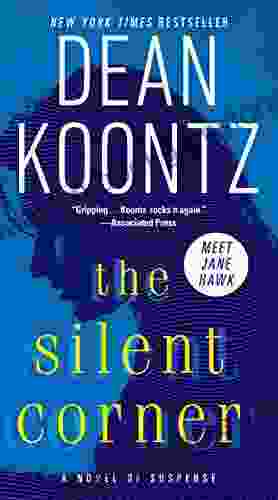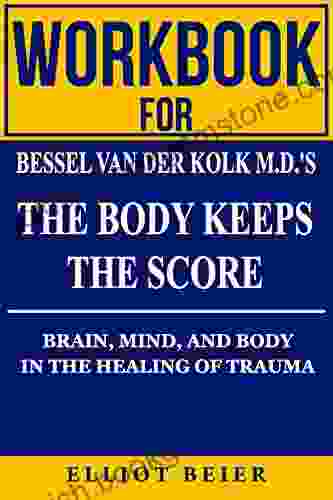In the realm of speculative fiction, few authors have left an imprint as profound as Richard Matheson. A master of the paranormal, the macabre, and the sublime, Matheson's literary contributions have captivated readers for generations. This article delves into the literary universe of Richard Matheson, exploring the key themes, iconic works, and lasting impact of this exceptional author.
The Early Years and Literary Influences
Born on February 20, 1926, in Allendale, New Jersey, Richard Matheson's fascination with the unknown began at an early age. Immersed in the works of Edgar Allan Poe, Arthur Conan Doyle, and H.P. Lovecraft, Matheson's imagination was ignited by the eerie and the supernatural. These literary influences laid the foundation for his future masterpieces.
4.6 out of 5
| Language | : | English |
| File size | : | 1613 KB |
| Text-to-Speech | : | Enabled |
| Screen Reader | : | Supported |
| Enhanced typesetting | : | Enabled |
| Word Wise | : | Enabled |
| Print length | : | 428 pages |
Exploring the Supernatural: The Twilight Zone
Matheson's breakthrough came with his contributions to the groundbreaking television anthology series "The Twilight Zone." His teleplays, such as "Nightmare at 20,000 Feet" and "Steel," showcased his ability to craft unforgettable tales that explored the hidden realms of the mind and the unknown. These episodes remain iconic examples of the genre, consistently ranking among the most beloved and influential works of television history.
The Macabre and the Gothic in "I Am Legend"
In 1954, Matheson published his most famous novel, "I Am Legend." This post-apocalyptic masterpiece tells the story of Robert Neville, a lone survivor of a plague that has transformed humanity into bloodthirsty vampires. Neville's struggle to maintain his sanity and fight for survival amidst the horrors of a desolate world captivated readers and cemented Matheson's status as a master of the macabre.
The Sublime and the Existential in "What Dreams May Come"
"What Dreams May Come," published in 1978, marked a departure from Matheson's earlier works. This deeply philosophical novel explores the afterlife and the nature of existence. It follows Chris Nielsen, a successful artist who dies in a car accident and finds himself in a breathtakingly imaginative realm of heaven. Matheson's lyrical prose and profound insights into the meaning of life and death have made "What Dreams May Come" a timeless classic of speculative fiction.
Matheson's Enduring Legacy
Richard Matheson's literary contributions have had a profound impact on the genres of science fiction, horror, and fantasy. His ability to craft stories that delve into the depths of human nature, explore the boundaries of reality, and evoke both fear and awe has left an indelible mark on the literary landscape.
His works have been translated into dozens of languages, adapted for film and television, and continue to inspire and amaze new generations of readers. Matheson's legacy as a literary giant is secure, and his name will forever be synonymous with the finest achievements of the genre.
Key Themes in Matheson's Work
Matheson's literary universe is characterized by several key themes that permeate his works:
Isolation and Alienation:
Many of Matheson's characters grapple with feelings of isolation and alienation. They find themselves cut off from society, either physically or emotionally, and must confront their own inner demons and vulnerabilities.
The Fragility of Reality:
Matheson's stories often explore the malleability of reality and the fine line between sanity and madness. His characters navigate worlds where the familiar becomes strange and the impossible becomes possible.
The Supernatural and the Unexplained:
The paranormal and the unexplained are central to Matheson's work. He invites readers to question their assumptions about the world and consider the possibility of forces beyond their understanding.
The Power of the Human Spirit:
Despite the darkness and despair that often pervade Matheson's stories, there is an underlying belief in the resilience of the human spirit. His characters demonstrate strength, determination, and hope in the face of overwhelming odds.
Richard Matheson's literary odyssey into the paranormal, the macabre, and the sublime has left an enduring legacy in the world of speculative fiction. His stories continue to haunt, inspire, and provoke thought, solidifying his position as one of the most influential and innovative authors of the genre.
Whether it's the terrifying solitude of Robert Neville, the ethereal beauty of heaven in "What Dreams May Come," or the mind-bending enigmas of "The Twilight Zone," Richard Matheson's literary creations will forever captivate and challenge generations of readers.






















































































































































































































































































































































































































































































































































































































































































































